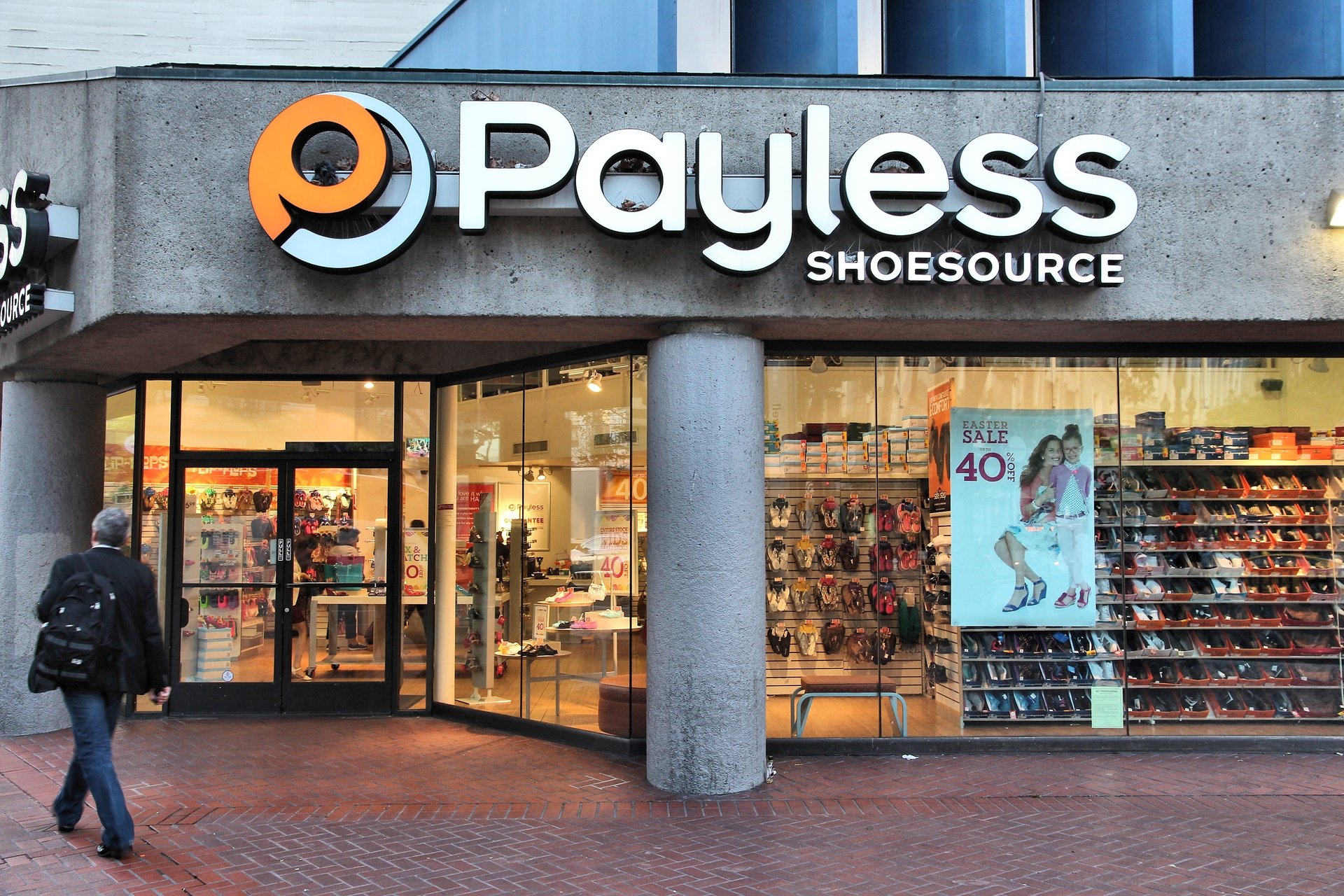
How much would fashionistas pay for Payless ShoeSource shoes if they didn’t know they were from Payless?
That’s one of the questions the discount footwear chain set out to answer through a recent experiment in Santa Monica, California. The answer, it turns out, is anywhere from $250 to $600 — for shoes you can buy for as little as $20 at Payless right now.
While that might seem unfathomable, the Payless prank illustrates the fact that — as British consumer behavior consultant Philip Graves tells the Washington Post — shoppers are incapable of discerning the quality or value of goods.
Graves explains:
“The way that we evaluate things is through associations. If you put wine in a nice bottle, people like it more. If you package things up to look more premium, people will like it more.”
And that’s just what Payless did through an advertising company, DCX Growth Accelerator.
For the experiment, DCX rented a former Armani store, decking it out with all the trappings of a luxury designer brand’s boutique. There DCX hosted a grand opening event for a new shoe brand, Palessi, from Italian designer Bruno Palessi.
Neither the brand nor a designer named Palessi exist, though. DCX invented them for the experiment. All the shoes on display at the event were Payless shoes with disguised labels.
Invitees were none the wiser, though, judging by the responses of those who appear in video footage from the event.
You can hear their glowing reviews of what they believed were Palessi shoes — and the prices they would or did pay — in a 2½-minute video in the Washington Post’s report. Or, watch a shorter version of it below.
You can also see the circumstances that helped dupe these shoppers.
Michael R. Solomon, a marketing professor at Saint Joseph’s University in Philadelphia, writes in Forbes that the consumer’s mind tends to automatically associate the following factors with quality:
- High prices
- Opulent venues
- Products from certain countries — including Italian shoes
“You’ve got to be kidding me,” one woman says after learning that a pair of flowered heels she described as “stunning,” “elegant” and “sophisticated” were from Payless.
The event attendees who purchased shoes were given their money back before they left and after they were told they had been fawning over discount shoes. They got to keep the shoes, though.
What’s your take on this news? Let us know what you think below or over on your Facebook page.




Add a Comment
Our Policy: We welcome relevant and respectful comments in order to foster healthy and informative discussions. All other comments may be removed. Comments with links are automatically held for moderation.